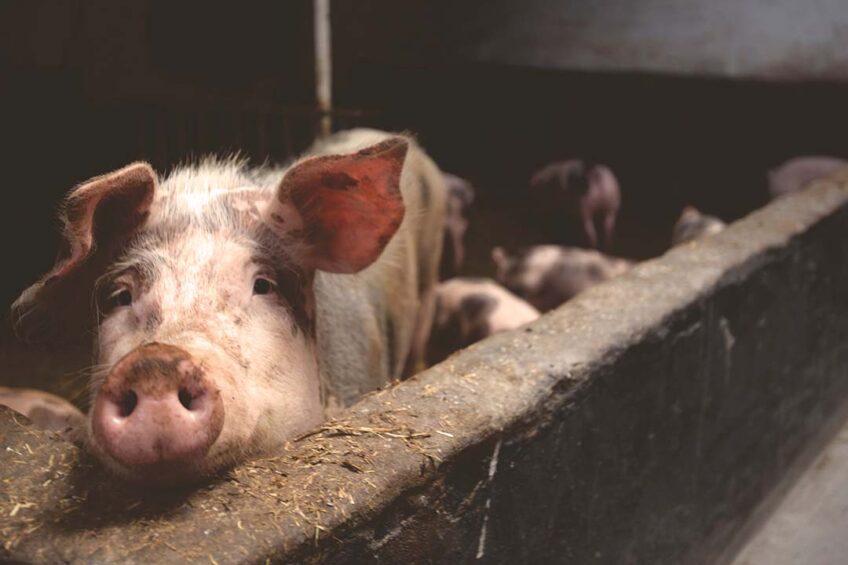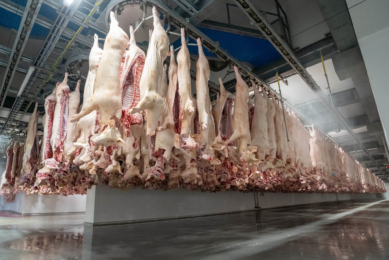USDA forecasts Brazilian pig exports to increase 6% in 2024

The United States Department of Agriculture (USDA) projected the Brazilian pork production at 4.68 million tonnes in 2024. This is a 4% increase compared to 2023.
This is due to an increase in slaughter, a reduction in food costs, and investments aimed at increasing production, accordingo to the agency.
Despite this growth, the projection is below the previous forecast (4.88 million tonnes) due to concerns about feed prices, availability, and economic conditions.
Exports
As for exports, a growth of 6% is expected in 2024 compared to the previous year, totaling 1.5 million tons, which means 32% of all production.
This forecast is based on increased pork availability, strong global demand, increased purchases from new markets, and expanded exports to existing consumers.
As mentioned in the USDA report, Brazil’s favourable health status compared to its competitors, especially in Europe, gives it an advantage.
According to official data from the USDA, China will import 2.25 million tons of pork in 2024. Last year, Brazil overtook Spain and became the largest pig exporter to the Asian country.
Domestic market
The USDA also predicts a 4% increase in domestic pork consumption in 2024, reaching 3.18 million tons of carcass equivalent.
This increase is attributed to the greater availability of pork domestically and lower prices for consumers, making pork more competitive compared to other protein sources.











